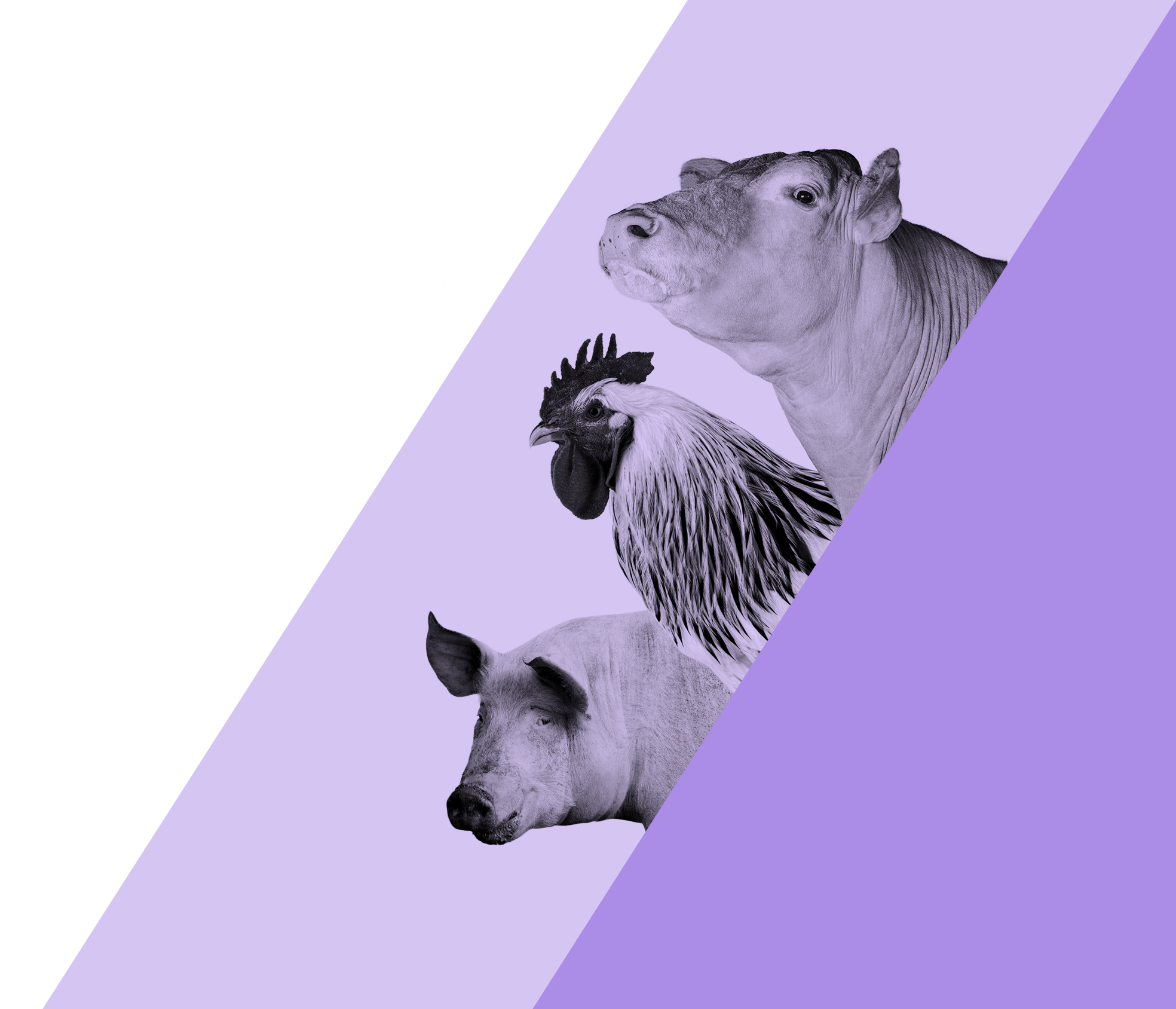Home
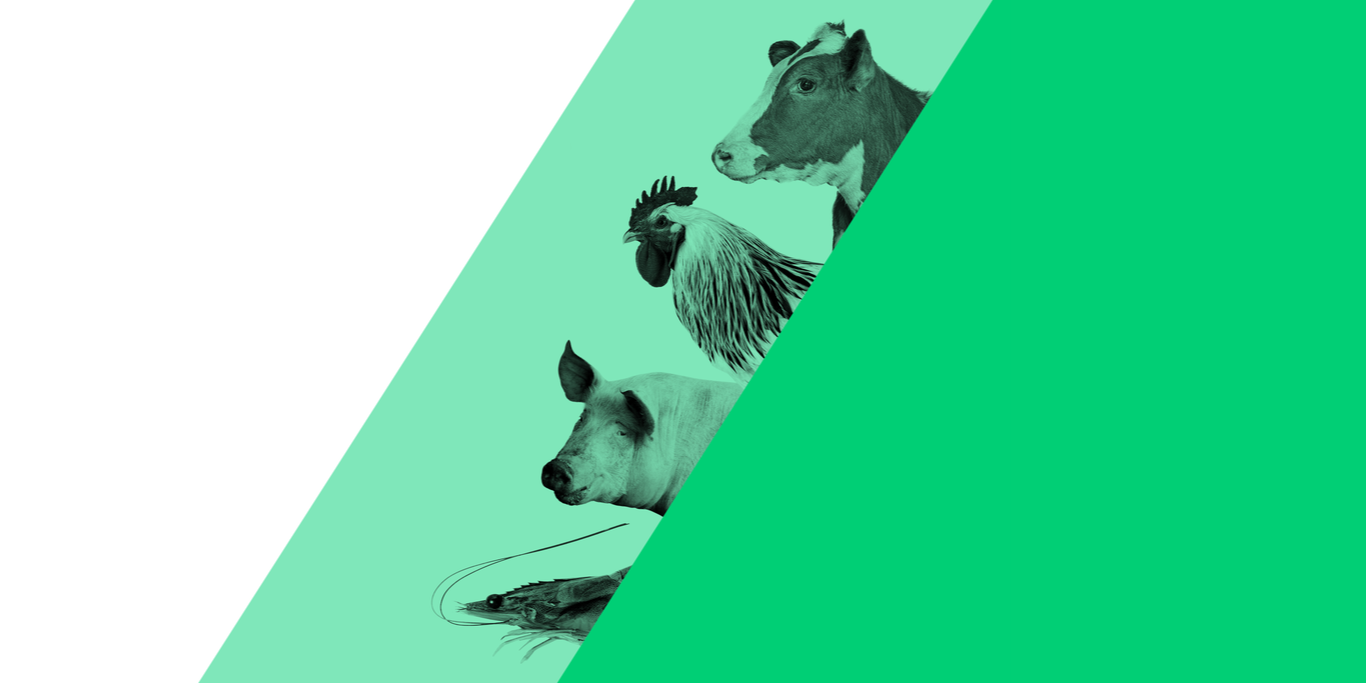
For better livestock breeding, trust Bicar®Z every day
Today, more than ever, your farm has to be run as a business. Competition has increased. Production is intensifying. New environmental and health regulations keep being introduced. Being a farmer seems more complex and uncertain than ever before.
What are feed additives?
Feed additives are products used in animal nutrition to improve the energy value of rations and or to provide better digestibility of feed.
Using feed additives such as, for example, sodium bicarbonate, it is possible to prevent certain diseases caused by heat stress and other factors related to farm environmental conditions.
One of the most common diseases that can be treated with Bicar®Z is rumen acidosis. The main cause of ruminal acidosis is an imbalance between the production and assimilation of fatty acids in the rumen, but other variables such as the environment and the animal itself play a role in the onset of the disease. In cows and dairy cows, the most common consequences of rumen acidosis are reduced feed intake resulting in reduced production, weight loss and lower fat content in milk.
But acidosis is a condition that also affects pigs and poultry and occurs particularly when environmental conditions cause heat stress.
What is Bicar®Z?
Bicar®Z is pure sodium bicarbonate. It is composed of 27% of sodium (Na+) and of 73% of bicarbonate ion (HCO3−). Sodium bicarbonate neutralizes acids and releases CO2. It does not only act as an anti-acid, but it also acts very efficiently, in particular, as a buffer.
To understand and verify the efficacy of Bicar®Z for ruminants, pigs, poultry and in shrimp culture, we have been conducting studies with independent experts for over 40 years.
Learn about the importance of sodium bicarbonate supplement in animal feed.
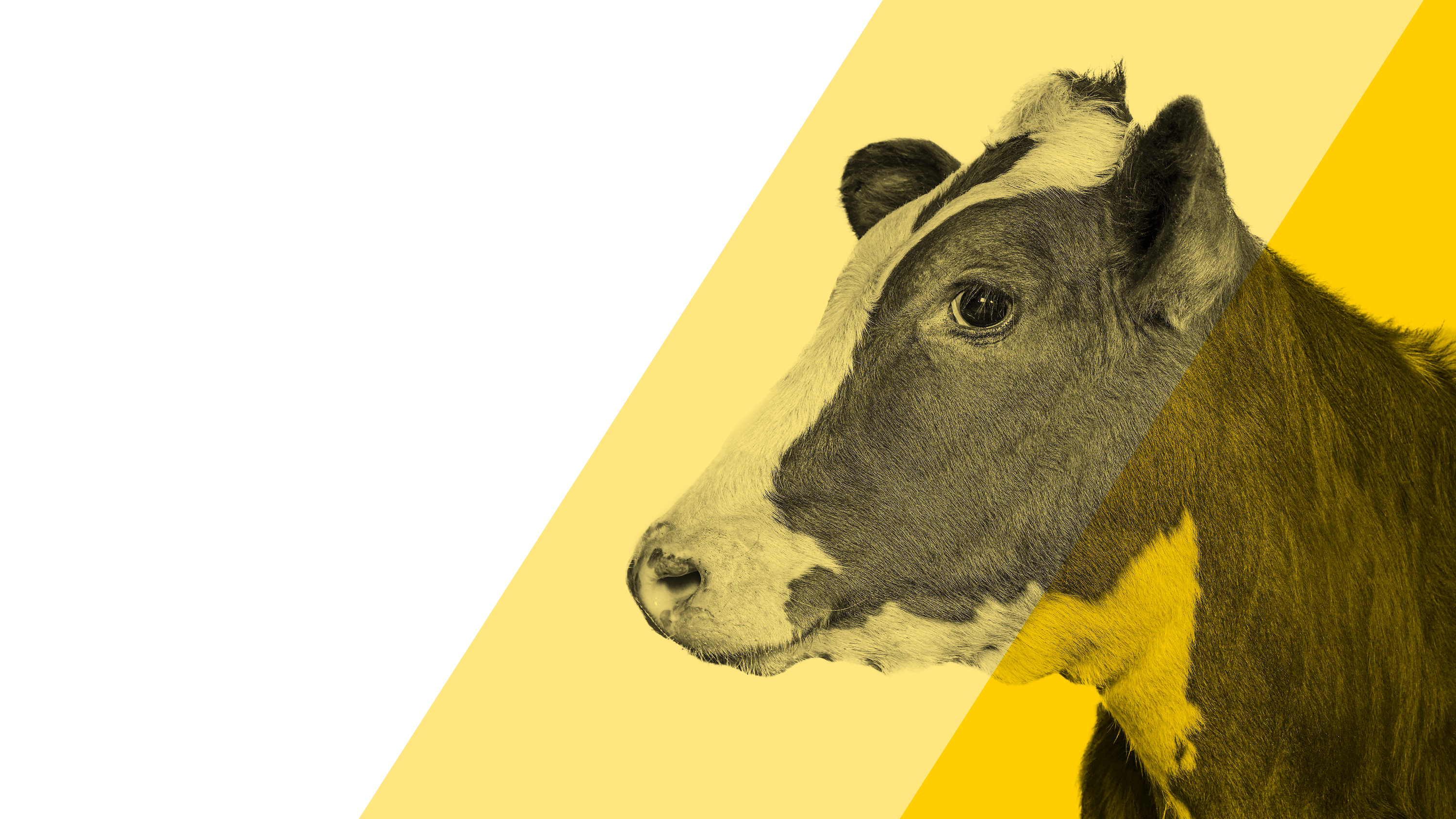
Bicar®Z for ruminants
How to get + 3.6L of milk / cow / day
and prevent acidosis and heat stress?

Bicar®Z for poultry
A source of sodium to get stronger eggshells,
to rebalance hens metabolism and optimise their growth.
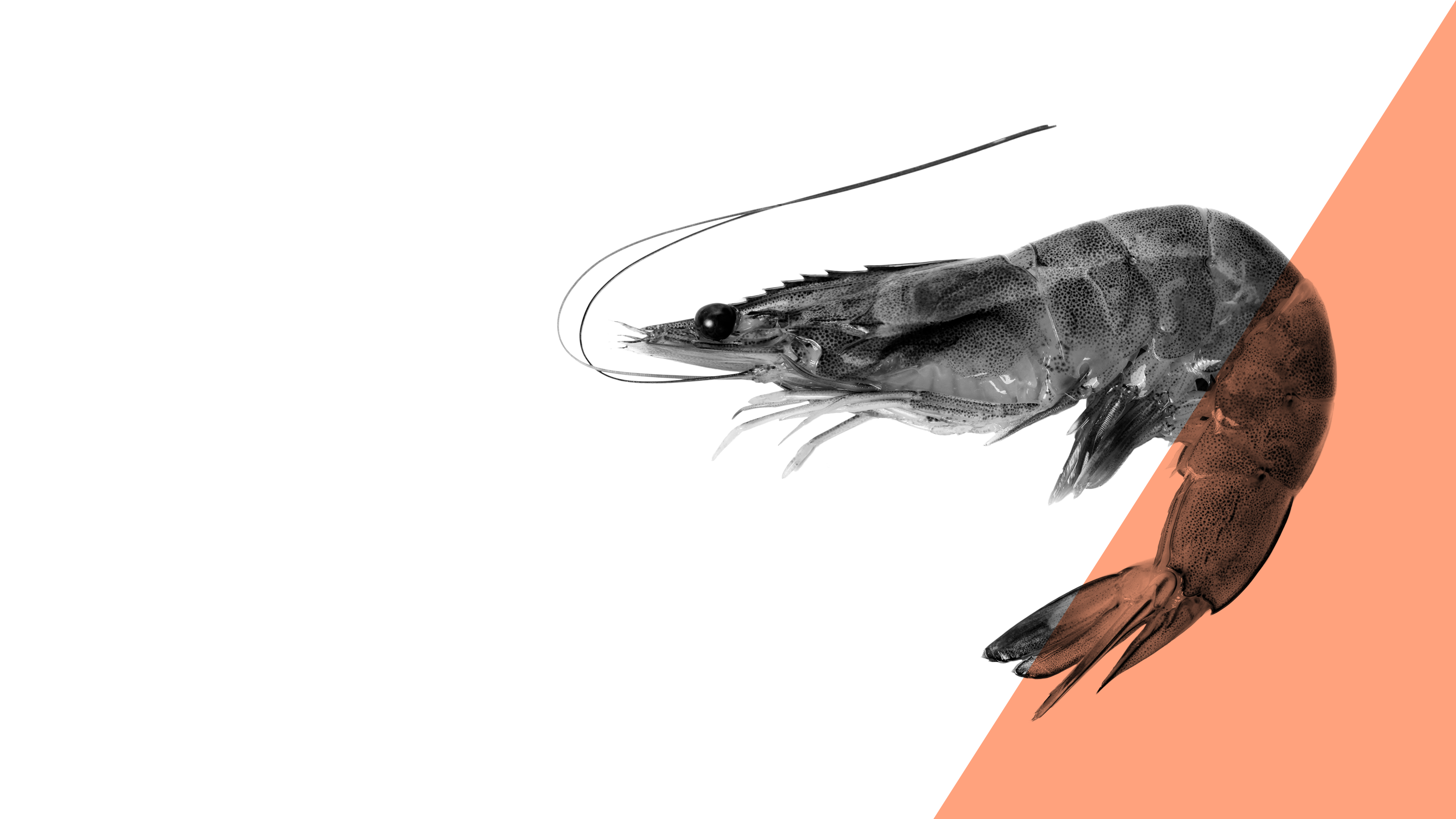
Bicar®Z for shrimps
To regulate the pH and help shrimps
to maintain their internal saline balance.
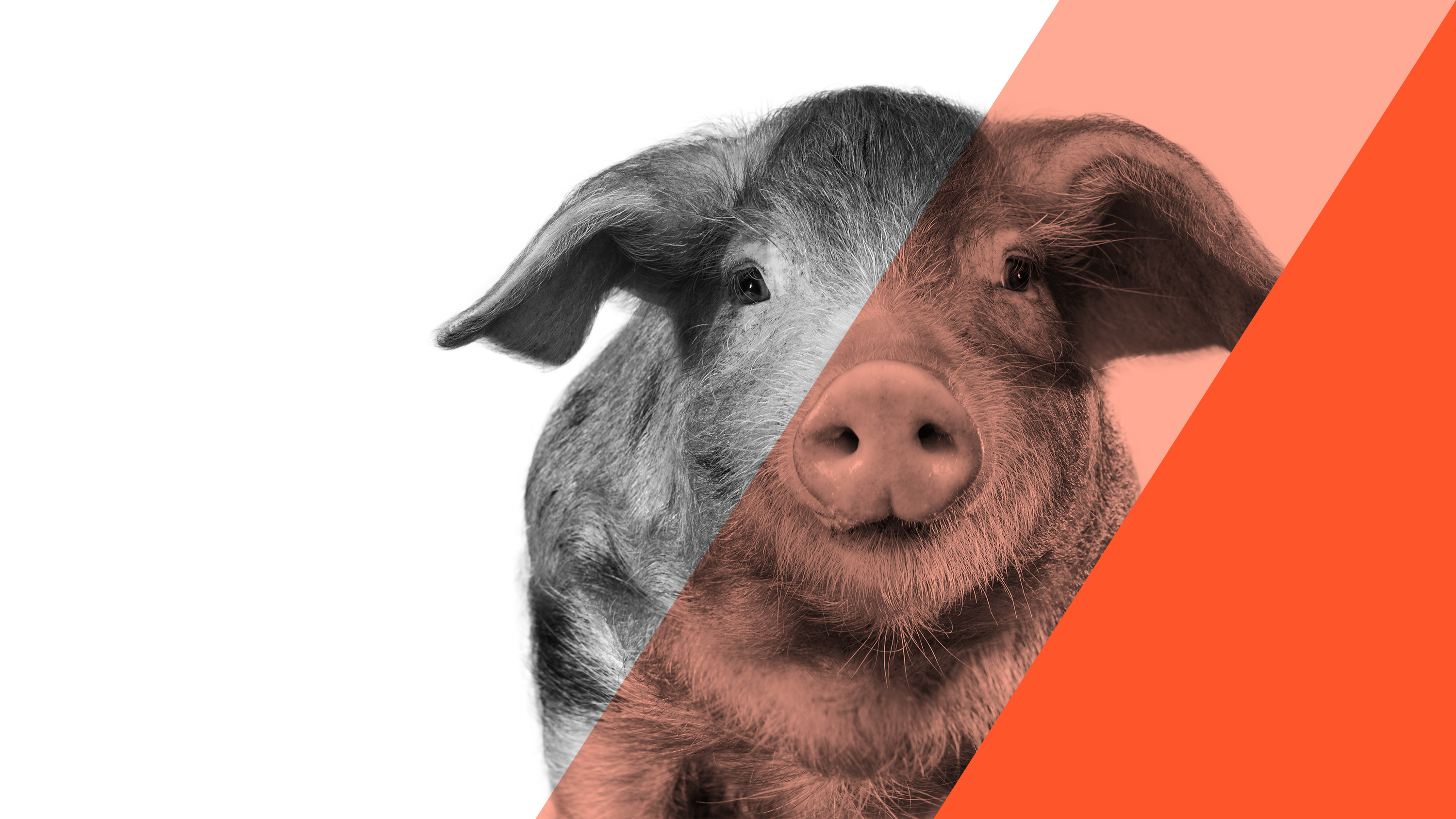
Bicar®Z for swine
To improve their growth and Average Daily Gain
while preventing health problems caused by a rich diet.
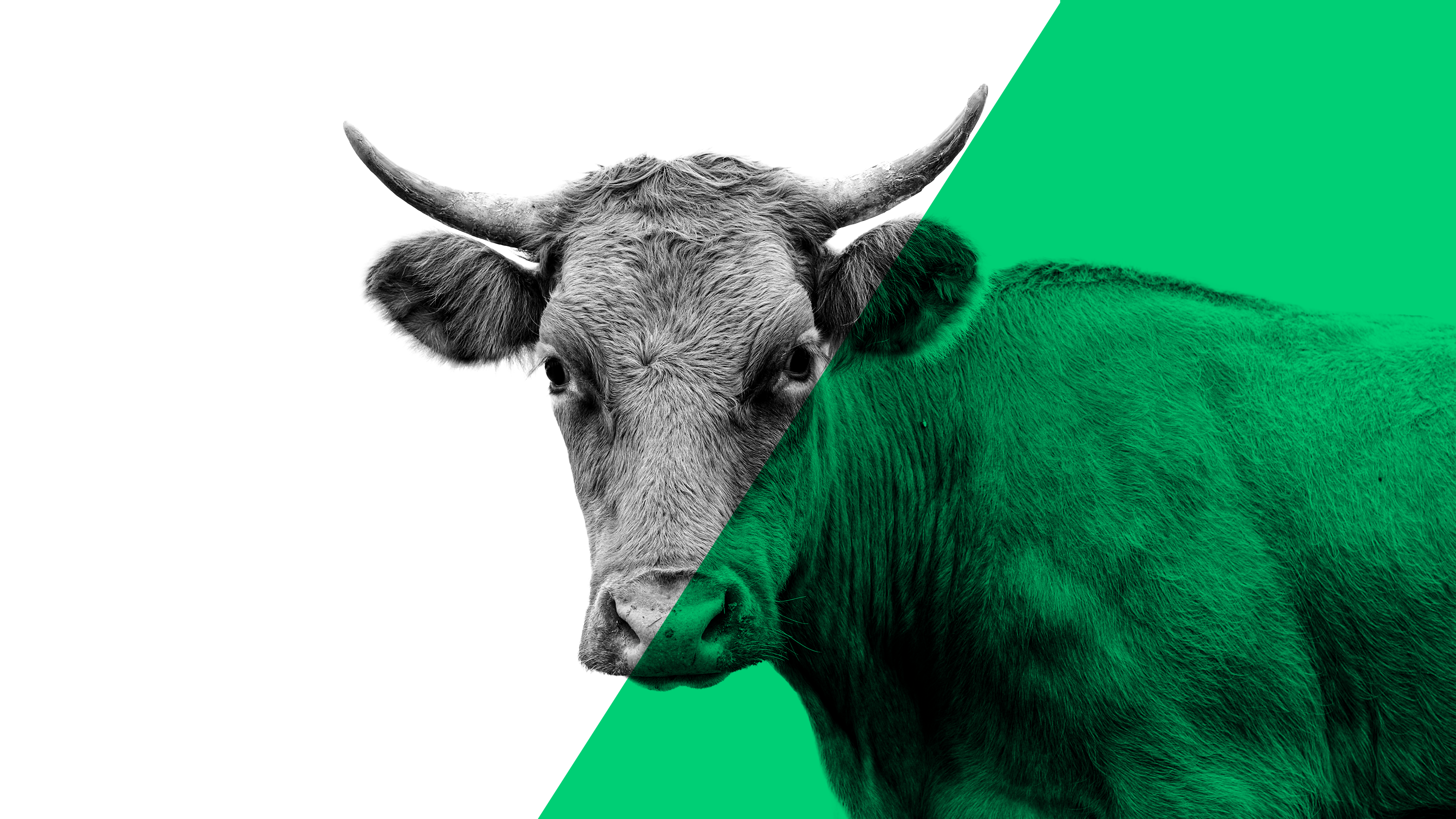
Rumen Acidosis
Rumen acidosis is a common disturbance in the balance of the cow's rumen, especially for cows with high milk production potential. The risks are multiple: a decrease in milk production, diverse health issues, including laminitis and infections.
